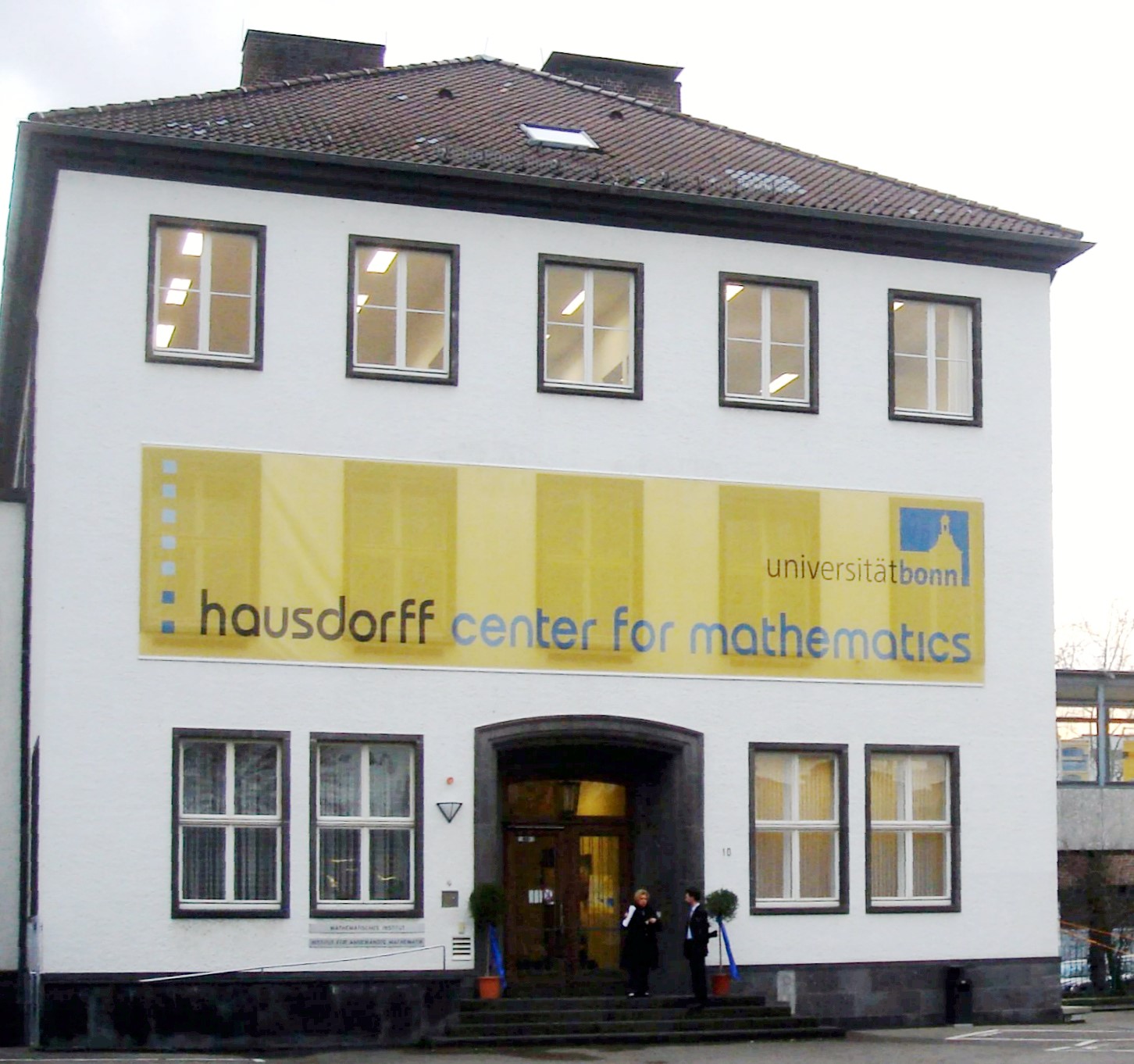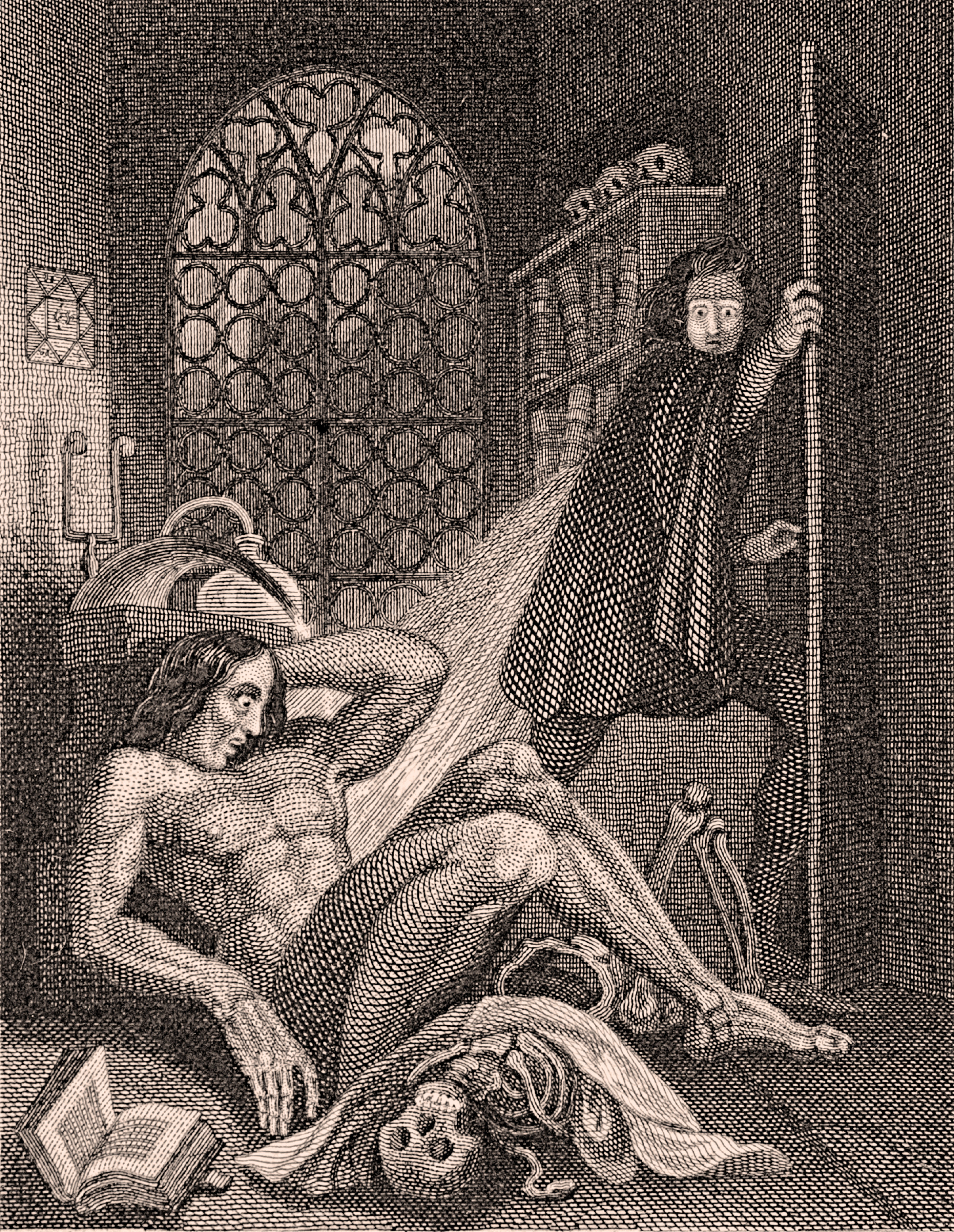|
Hugo Gering
Hugo Gering (21 September 1847 – 3 February 1925) was a German philologist who specialized in Germanic studies. Biography Hugo Gering was born in Lipienica, Prussia on 21 September 1847. His father was a landowner. He was educated at Toruń and Chełmno. Since 1867, Gering studied philology, philosophy and history at the universities of Leipzig and Bonn. He served in the Prussian Army during the Franco-Prussian War. He subsequently gained his Ph.D. at the University of Halle under the supervision of Julius Zacher. His thesis was on the Gothic language. Gering completed his habilitation in German philology at Halle in 1876. After several scholarly trips to Scandinavia, Gering was appointed an associate professor at the University of Halle in 1883. Since 1889 he was a professor at the University of Kiel, where he served as Rector from 1902 to 1903. Gering specialized in the study of early Germanic literature, particularly Old English, Gothic and Old Norse literature. His publ ... [...More Info...] [...Related Items...] OR: [Wikipedia] [Google] [Baidu] |
CREDENTIAL
A credential is a piece of any document that details a qualification, competence, or authority issued to an individual by a third party with a relevant or ''de facto'' authority or assumed competence to do so. Examples of credentials include academic diplomas, academic degrees, Professional certification, certifications, security clearances, Identity document, identification documents, badges, passwords, user names, key (lock), keys, power of attorney, powers of attorney, and so on. Sometimes publications, such as scientific papers or books, may be viewed as similar to credentials by some people, especially if the publication was peer reviewed or made in a well-known Academic journal, journal or reputable publisher. Types and documentation of credentials A person holding a credential is usually given documentation or secret knowledge (''e.g.,'' a password or key) as proof of the credential. Sometimes this proof (or a copy of it) is held by a third, trusted party. While in some c ... [...More Info...] [...Related Items...] OR: [Wikipedia] [Google] [Baidu] |
University Of Bonn
The University of Bonn, officially the Rhenish Friedrich Wilhelm University of Bonn (), is a public research university in Bonn, North Rhine-Westphalia, Germany. It was founded in its present form as the () on 18 October 1818 by Frederick William III, as the linear successor of the () which was founded in 1777. The University of Bonn offers many undergraduate and graduate programs in a range of subjects and has 544 professors. The University of Bonn is a member of the U15 (German universities), German U15 association of major research-intensive universities in Germany and has the title of "University of Excellence" under the German Universities Excellence Initiative. Bonn has 6 Clusters of Excellence, the most of any German university; the Hausdorff Center for Mathematics, the Matter and Light for Quantum Computing cluster, Bonn Center for Dependency and Slavery Studies, PhenoRob: Research for the Future of Crop Production, the Immune Sensory System cluster, and ECONtribute: M ... [...More Info...] [...Related Items...] OR: [Wikipedia] [Google] [Baidu] |
Beowulf
''Beowulf'' (; ) is an Old English poetry, Old English poem, an Epic poetry, epic in the tradition of Germanic heroic legend consisting of 3,182 Alliterative verse, alliterative lines. It is one of the most important and List of translations of Beowulf, most often translated works of Old English literature. The date of composition is a matter of contention among scholars; the only certain dating is for the manuscript, which was produced between 975 and 1025 AD. Scholars call the anonymous author the "''Beowulf'' poet". The story is set in pagan Scandinavia in the 5th and 6th centuries. Beowulf (hero), Beowulf, a hero of the Geats, comes to the aid of Hrothgar, the king of the Danes (Germanic tribe), Danes, whose mead hall Heorot has been under attack by the monster Grendel for twelve years. After Beowulf slays him, Grendel's mother takes revenge and is in turn defeated. Victorious, Beowulf goes home to Geatland and becomes king of the Geats. Fifty years later, Beowulf def ... [...More Info...] [...Related Items...] OR: [Wikipedia] [Google] [Baidu] |
Edda
"Edda" (; Old Norse ''Edda'', plural ''Eddur'') is an Old Norse term that has been applied by modern scholars to the collective of two Medieval Icelandic literary works: what is now known as the ''Prose Edda'' and an older collection of poems (without an original title) now known as the ''Poetic Edda''. The term historically referred only to the ''Prose Edda'', but this usage has fallen out of favour because of confusion with the other work. Both works were recorded in Iceland during the 13th century in Icelandic, although they contain material from earlier traditional sources, reaching back into the Viking Age. The books provide the main sources for medieval skaldic tradition in Iceland and for Norse mythology. Etymology At least five hypotheses have been suggested for the origins of the word ''edda'': * One hypothesis holds that it is identical to a word that means "great-grandmother" appearing in the Eddic poem ''Rígsþula.'' * Another hypothesis holds that ''edda'' deriv ... [...More Info...] [...Related Items...] OR: [Wikipedia] [Google] [Baidu] |
Gothic Literature
Gothic fiction, sometimes referred to as Gothic horror (primarily in the 20th century), is a literary aesthetic of fear and haunting. The name of the genre is derived from the Renaissance era use of the word "gothic", as a pejorative to mean medieval and barbaric, which itself originated from Gothic architecture and in turn the Goths. The first work to be labelled as Gothic was Horace Walpole's 1764 novel ''The Castle of Otranto'', later subtitled ''A Gothic Story''. Subsequent 18th-century contributors included Clara Reeve, Ann Radcliffe, William Thomas Beckford, and Matthew Lewis. The Gothic influence continued into the early 19th century, with Romantic works by poets, like Samuel Taylor Coleridge and Lord Byron. Novelists such as Mary Shelley, Charles Maturin, Walter Scott and E. T. A. Hoffmann frequently drew upon gothic motifs in their works as well. Gothic aesthetics continued to be used throughout the early Victorian period in novels by Charles Dickens, Brontë si ... [...More Info...] [...Related Items...] OR: [Wikipedia] [Google] [Baidu] |
Old English
Old English ( or , or ), or Anglo-Saxon, is the earliest recorded form of the English language, spoken in England and southern and eastern Scotland in the Early Middle Ages. It developed from the languages brought to Great Britain by Anglo-Saxon settlers in the mid-5th century, and the first Old English literature dates from the mid-7th century. After the Norman Conquest of 1066, English was replaced for several centuries by Anglo-Norman language, Anglo-Norman (a langues d'oïl, type of French) as the language of the upper classes. This is regarded as marking the end of the Old English era, since during the subsequent period the English language was heavily influenced by Anglo-Norman, developing into what is now known as Middle English in England and Early Scots in Scotland. Old English developed from a set of Anglo-Frisian or Ingvaeonic dialects originally spoken by Germanic tribes traditionally known as the Angles (tribe), Angles, Saxons and Jutes. As the Germanic settlers ... [...More Info...] [...Related Items...] OR: [Wikipedia] [Google] [Baidu] |
Early Germanic Literature
Early Germanic culture was the culture of the early Germanic peoples. The Germanic culture started to exist in the Jastorf culture located along the central part of the Elbe River in central Germany. From there it spread north to the ocean, east to the Vistula River, west to the Rhine River, and south to the Danube River. It came under significant external influence during the Migration Period, particularly from ancient Rome. The Germanic peoples eventually overwhelmed the Western Roman Empire, which by the Middle Ages facilitated their Christianisation of the Germanic peoples, conversion from Germanic paganism, paganism to Christianity and the abandonment of their tribal way of life. Certain traces of early Germanic culture have survived among the Germanic peoples up to the present day. Languages Linguists postulate that an early Proto-Germanic language existed and was distinguishable from the other Indo-European languages as far back as 500 BCE. From what is known, the e ... [...More Info...] [...Related Items...] OR: [Wikipedia] [Google] [Baidu] |
Rector (education)
A rector (Latin for 'ruler') is a senior official in an educational institution, and can refer to an official in either a university or a secondary school. Outside the English-speaking world, the rector is often the most senior official in a university, while in the United States, the equivalent is often referred to as the president, and in the United Kingdom and Commonwealth of Nations, the equivalent is the vice-chancellor. The term and office of a rector can be referred to as a rectorate. The title is used widely in universities in EuropeEuropean nations where the word ''rector'' or a cognate thereof (''rektor'', ''recteur'', etc.) is used in referring to university administrators include Albania, Austria, the Benelux, Bosnia and Herzegovina, Bulgaria, Croatia, Cyprus, Czech Republic, Denmark, Estonia, Finland, Germany, Greece, Hungary, Iceland, Italy, Latvia, Malta, Moldova, North Macedonia, Poland, Portugal, Romania, Russia, Scandinavia, Scotland, Serbia, Slovenia, Slovaki ... [...More Info...] [...Related Items...] OR: [Wikipedia] [Google] [Baidu] |
Scandinavia
Scandinavia is a subregion#Europe, subregion of northern Europe, with strong historical, cultural, and linguistic ties between its constituent peoples. ''Scandinavia'' most commonly refers to Denmark, Norway, and Sweden. It can sometimes also refer to the Scandinavian Peninsula (which excludes Denmark but includes a part of northern Finland). In English usage, Scandinavia is sometimes used as a synonym for Nordic countries. Iceland and the Faroe Islands are sometimes included in Scandinavia for their Ethnolinguistics, ethnolinguistic relations with Sweden, Norway and Denmark. While Finland differs from other Nordic countries in this respect, some authors call it Scandinavian due to its economic and cultural similarities. The geography of the region is varied, from the Norwegian fjords in the west and Scandinavian mountains covering parts of Norway and Sweden, to the low and flat areas of Denmark in the south, as well as archipelagos and lakes in the east. Most of the population ... [...More Info...] [...Related Items...] OR: [Wikipedia] [Google] [Baidu] |
German Philology
German studies is an academic field that researches, documents and disseminates German language, German literature, literature, and culture in its historic and present forms. Academic departments of German studies therefore often focus on Culture of Germany, German culture, German history, and German politics in addition to the language and literature component. Approaches to the discipline vary by country. Modern German studies is usually seen as a combination of two sub-disciplines: German linguistics alongside Germanophone literature and cultural studies. Common names for "German Studies" for the field within German-speaking countries are , , and . In English, the terms Germanistics or Germanics are sometimes used (mostly by Germans), but the subject is more often referred to as ''German studies'', ''German language and literature'', or ''German philology''. Academics who specialize in German studies are referred to as Germanists. German linguistics German linguistics is tra ... [...More Info...] [...Related Items...] OR: [Wikipedia] [Google] [Baidu] |
Habilitation
Habilitation is the highest university degree, or the procedure by which it is achieved, in Germany, France, Italy, Poland and some other European and non-English-speaking countries. The candidate fulfills a university's set criteria of excellence in research, teaching, and further education, which usually includes a dissertation. The degree, sometimes abbreviated ''Dr. habil''. (), ''dr hab.'' (), or ''D.Sc.'' ('' Doctor of Sciences'' in Russia and some CIS countries), is often a qualification for full professorship in those countries. In German-speaking countries it allows the degree holder to bear the title ''PD'' (for ). In a number of countries there exists an academic post of docent, appointment to which often requires such a qualification. The degree conferral is usually accompanied by a public oral defence event (a lecture or a colloquium) with one or more opponents. Habilitation is usually awarded 5–15 years after a PhD degree or its equivalent. Achieving this ... [...More Info...] [...Related Items...] OR: [Wikipedia] [Google] [Baidu] |






